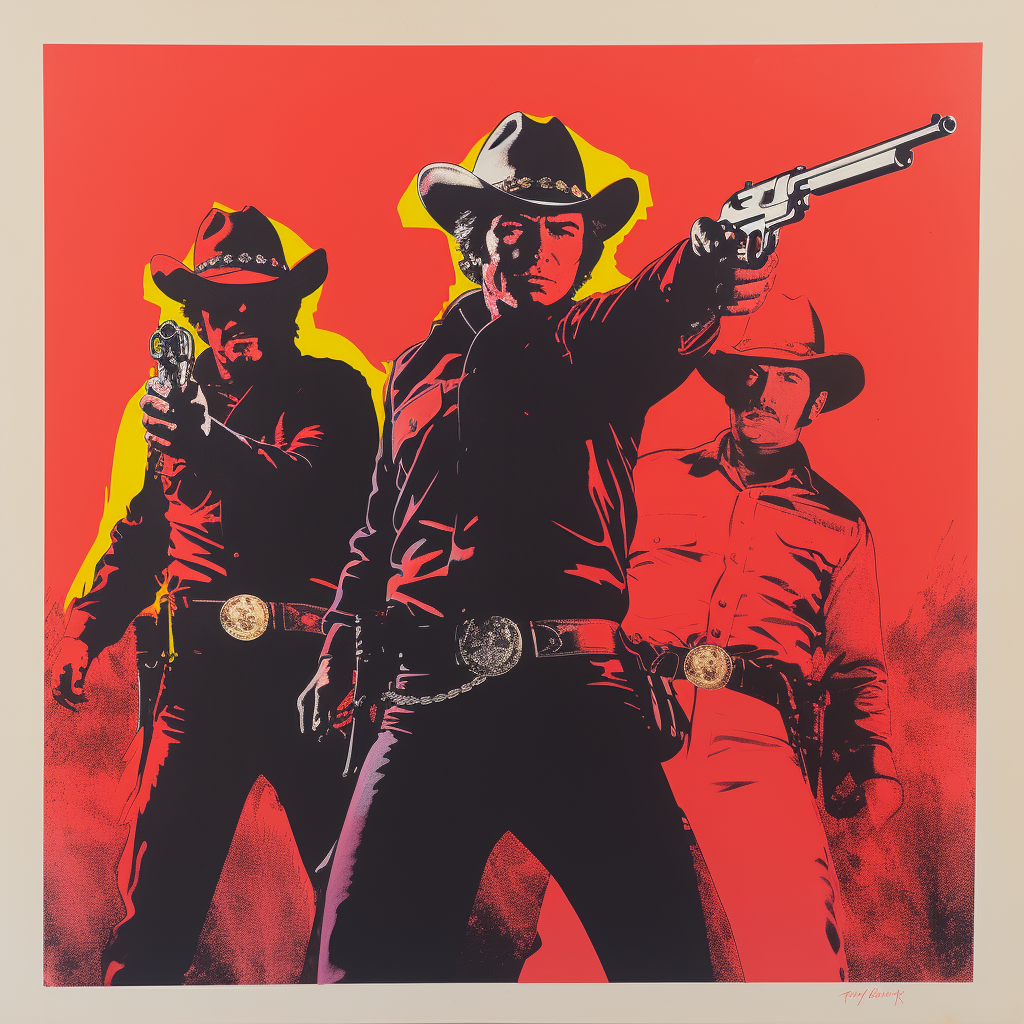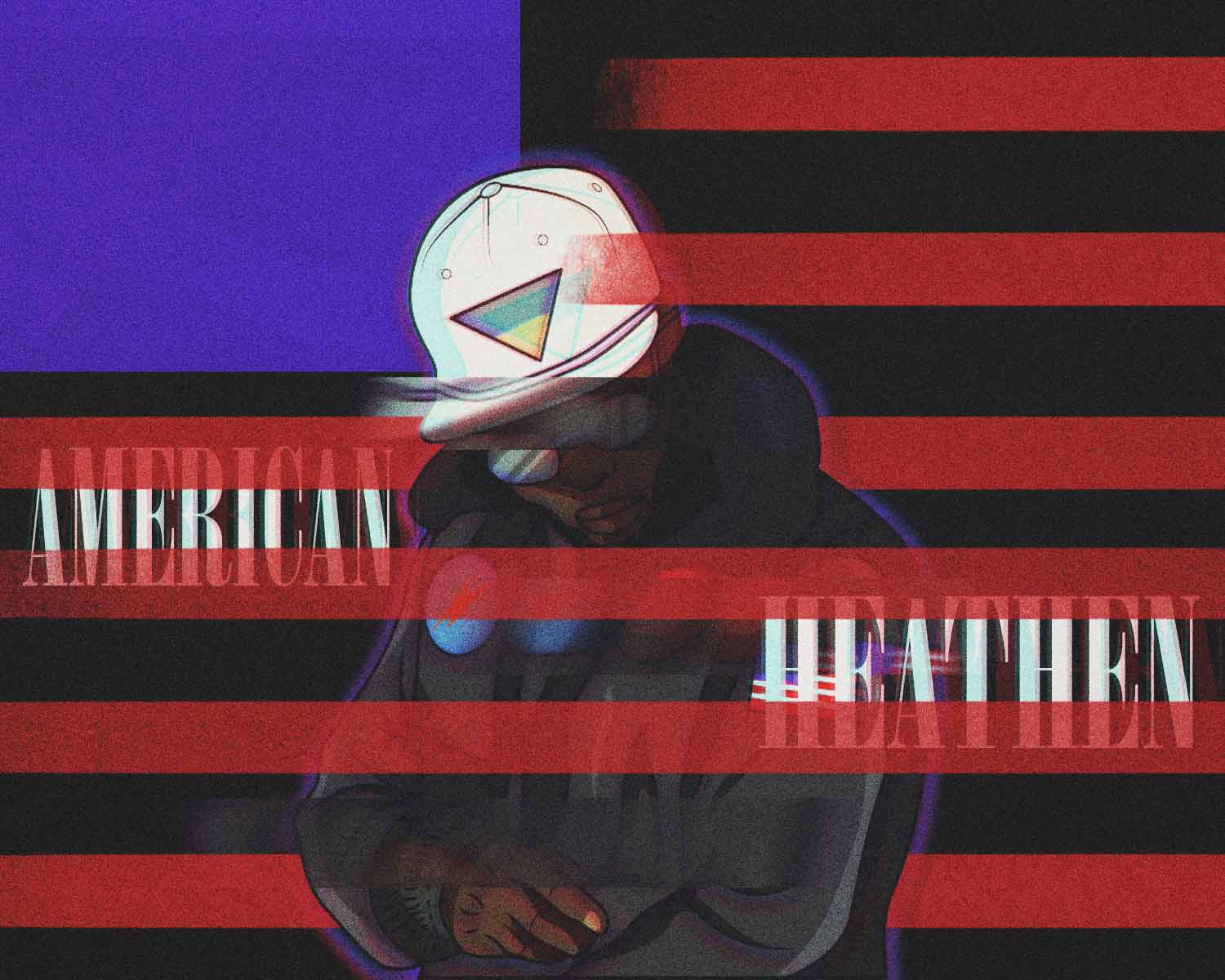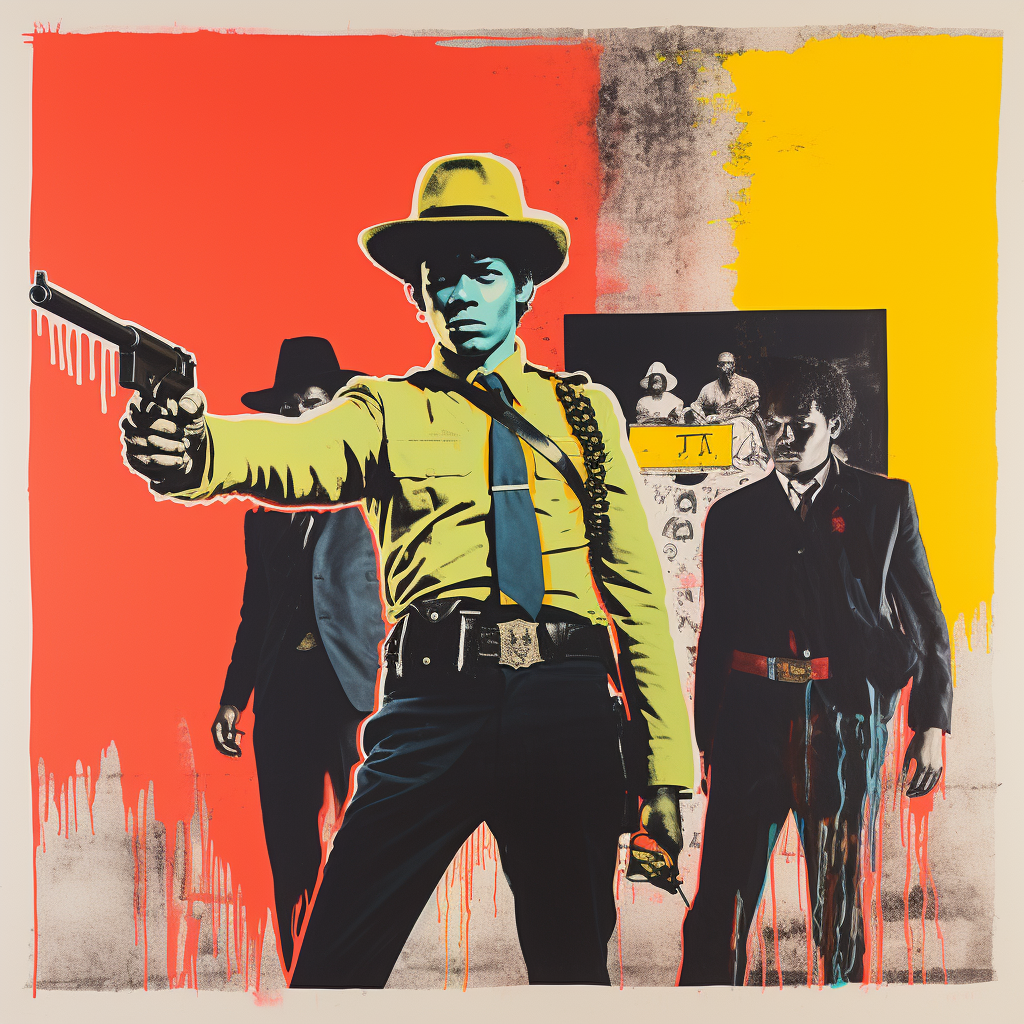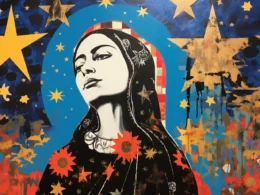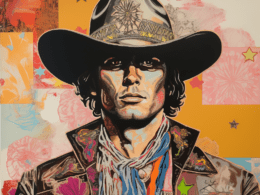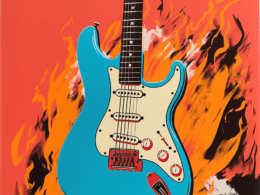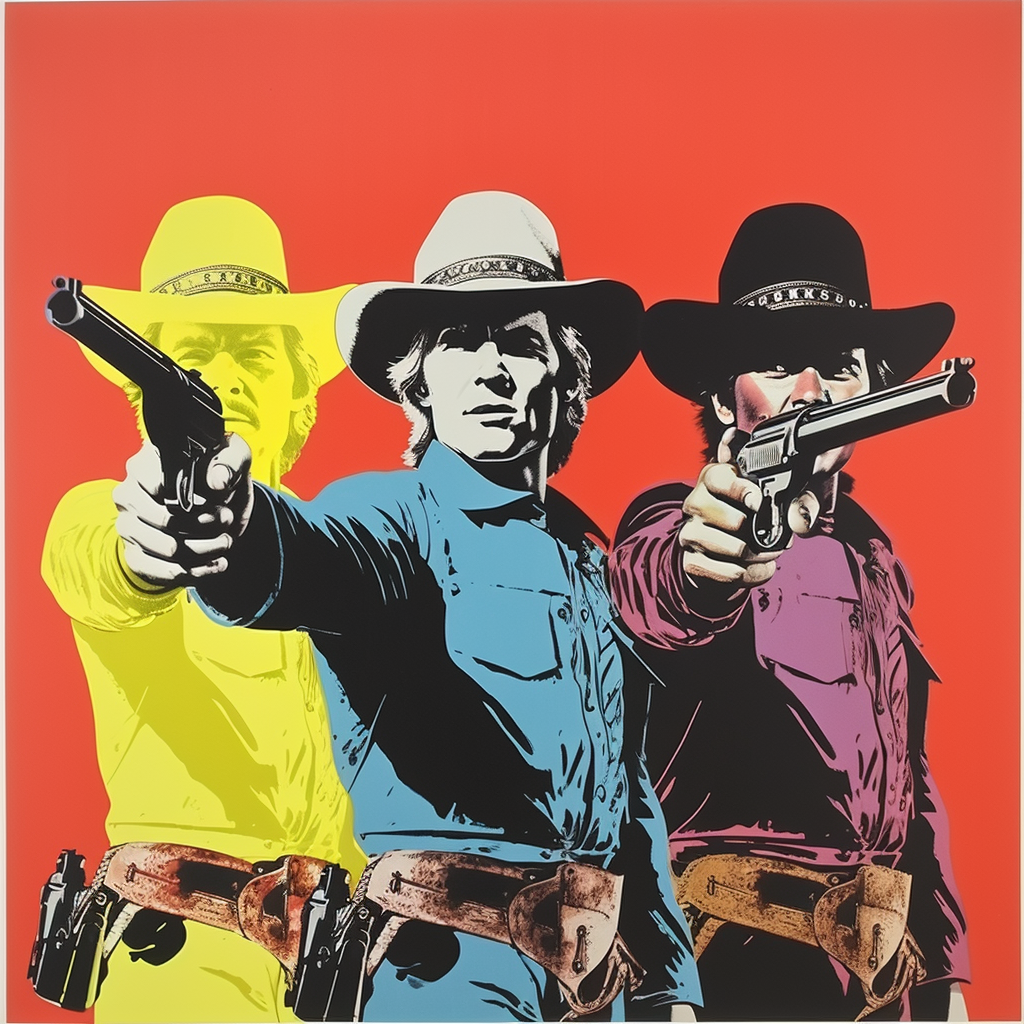
American society has long cherished the myth of the cowboy – a rugged, independent figure fearlessly taming the wilderness, often armed with nothing more than a trusted revolver. This romantic ideal, integral to the American identity, has subtly but profoundly influenced the country’s attitude towards firearms, a relationship that demands thorough scrutiny given the escalating crisis of gun violence and mass shootings.
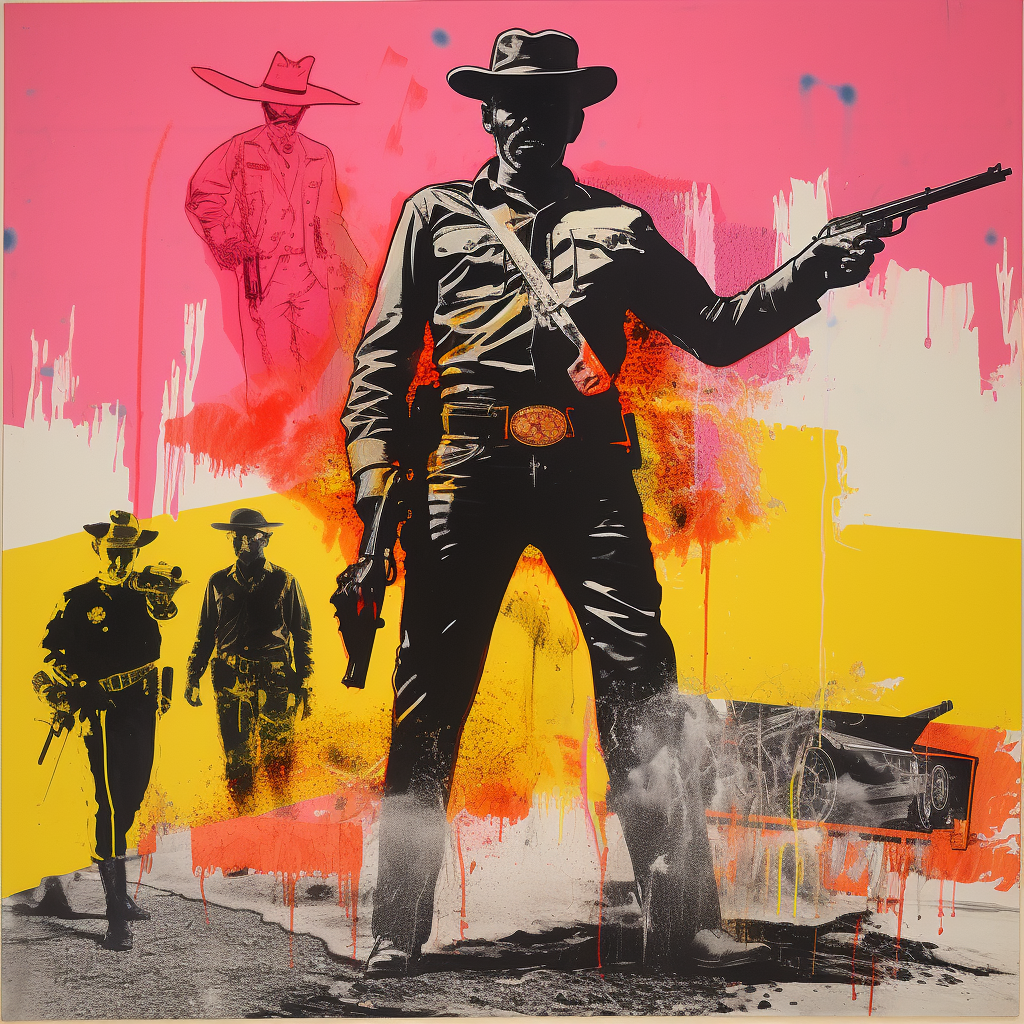
At the heart of the cowboy narrative is the notion of ‘might for right.’ Whether it was John Wayne in ‘The Searchers’ (1956) or Clint Eastwood in ‘The Good, the Bad and the Ugly’ (1966), the cowboy has often symbolized a person who uses his gun as an instrument of justice. While this might serve a narrative purpose, it has contributed to a culture where guns are seen as problem solvers. An FBI report from 2018 noted that over two-thirds of all homicides in the U.S. involved firearms.
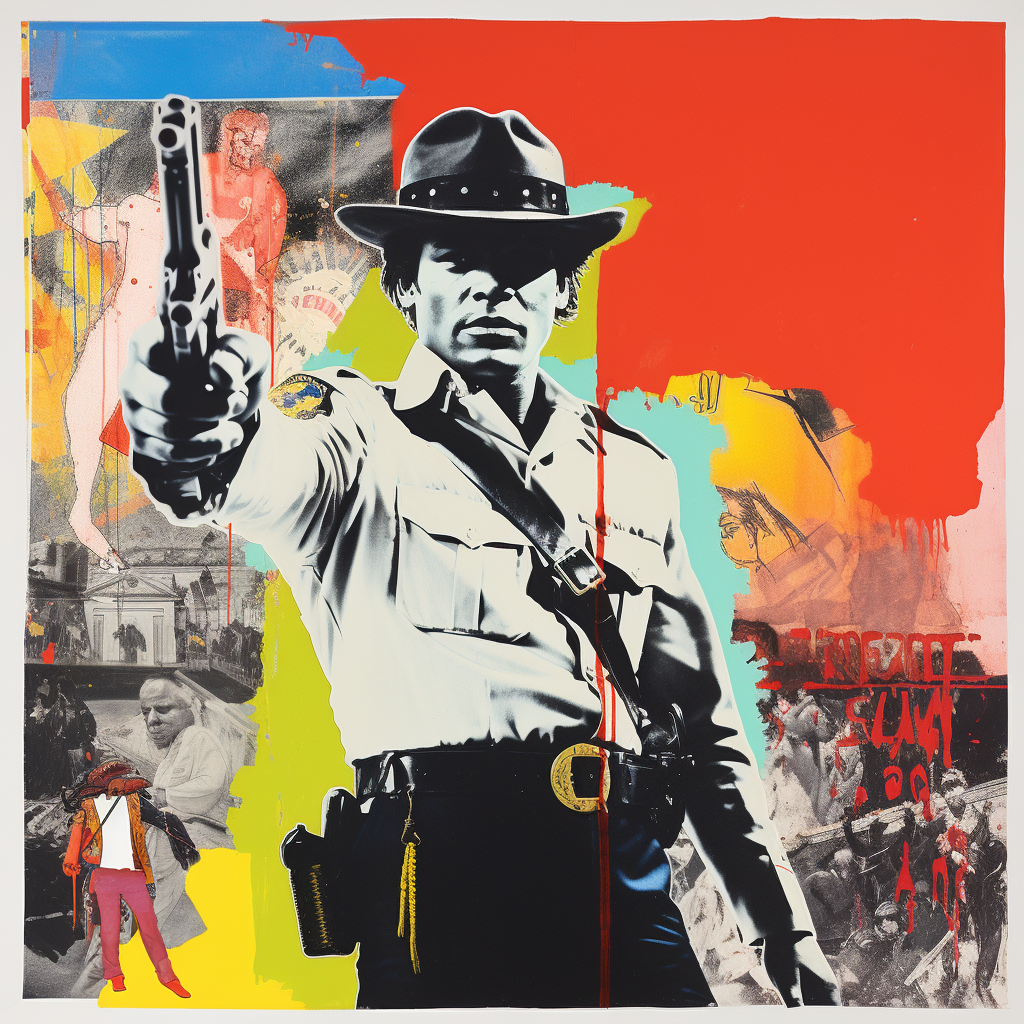
This portrayal of the cowboy has fueled an unwavering faith in firearms for self-defense, driven by a narrative of individualism. Stand-your-ground laws, for instance, first enacted in Florida in 2005 and now in 27 states, reflect this mindset. These laws grant individuals the right to use deadly force to defend themselves without any requirement to evade or retreat from a dangerous situation, echoing the shootouts of the Wild West.
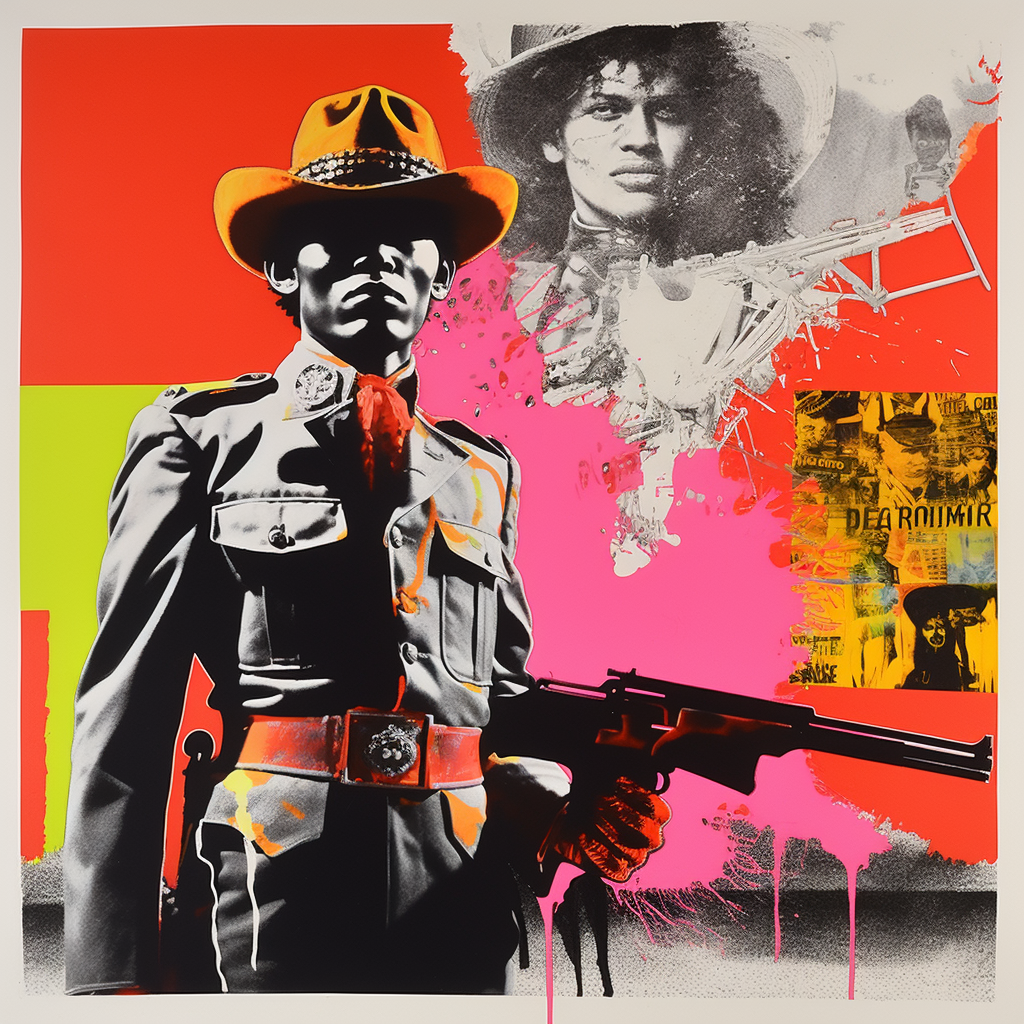
Furthermore, this cowboy ethos is often intertwined with the belief that arming oneself is a constitutional right, integral to freedom and self-reliance. The Gun Control Act of 1968 and the Brady Handgun Violence Prevention Act of 1993, despite seeking to regulate firearm purchases, have done little to dent the estimated 393 million guns in civilian hands as of 2022. Such accessibility and volume significantly increase the risk of gun violence.
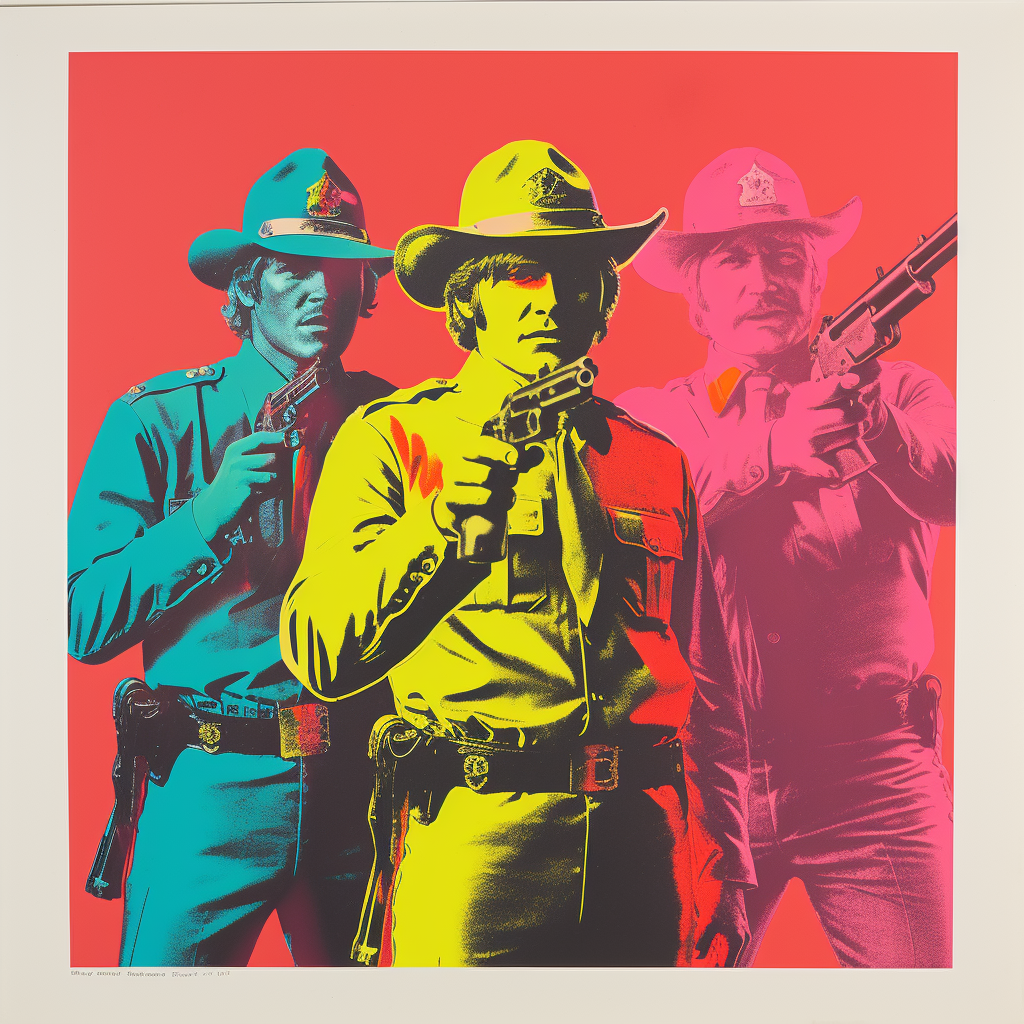
Today, the dark side of the cowboy mythos manifests most horrifically in mass shootings. Gun violence, a uniquely American problem, has roots in the cowboy narrative, harking back to the ‘Wild West’ where justice was often meted out at the end of a gun barrel. This perception has created a society wherein the right to bear arms, enshrined in the Second Amendment, becomes synonymous with personal liberty and self-reliance.
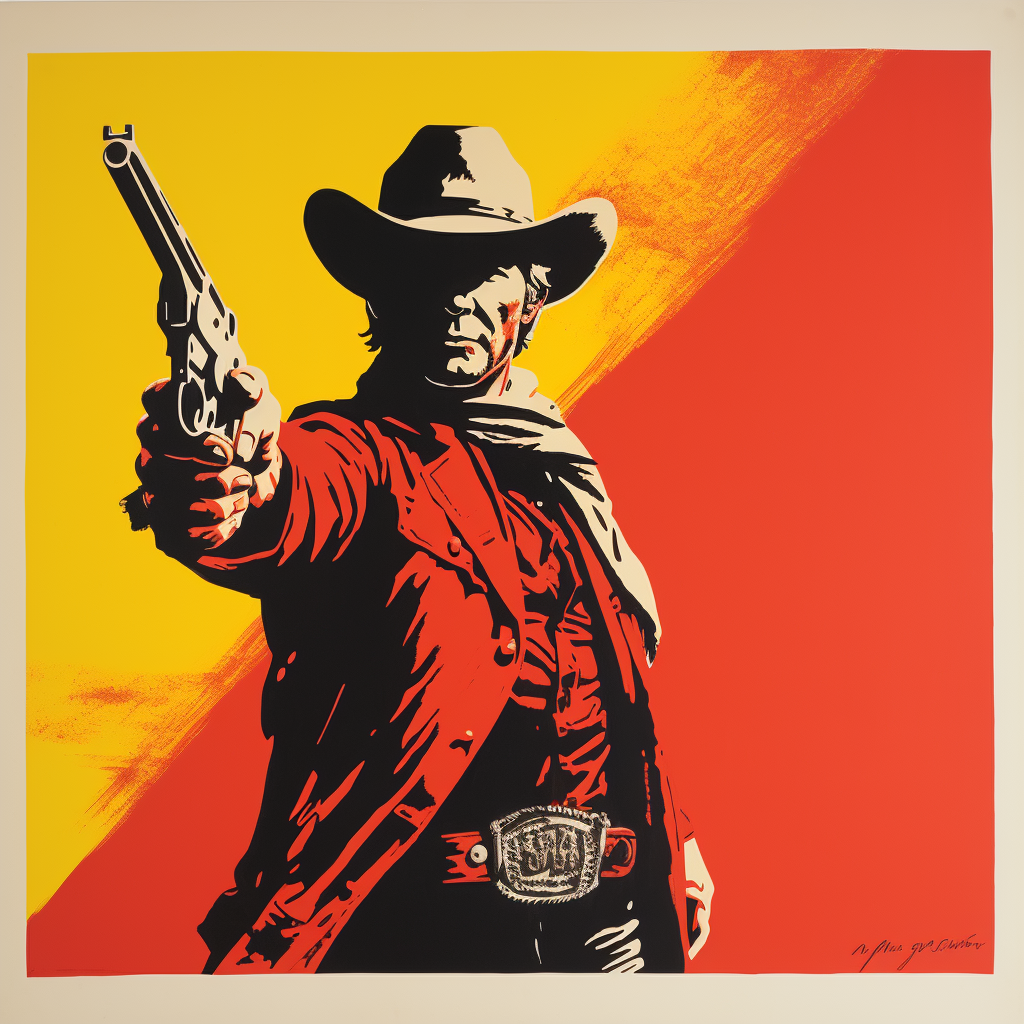
Statistics from the Gun Violence Archive show a steady rise in mass shootings in the U.S. since the early 2000s, underscoring how this perception directly contributes to an escalating cycle of violence. As per the Gun Violence Archive, the U.S. has seen a steady rise in mass shootings since 2014. The individualistic cowboy, emboldened to take justice into his own hands, finds a disturbing echo in gunmen who decide to ‘solve’ their perceived problems with a firearm.
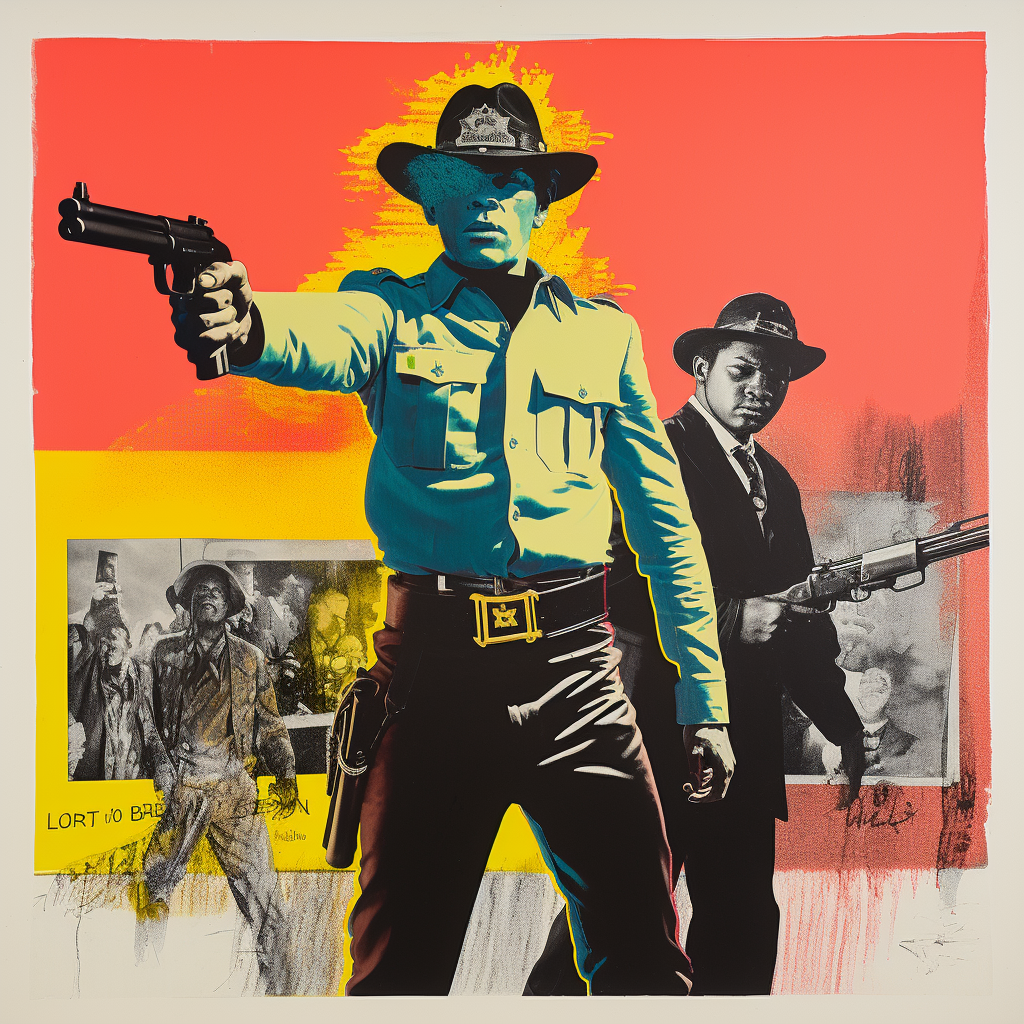
The culminating impact of these roles is a society inured to aggression, whether manifested through the barrel of a gun or the flexing of military muscle, invariably leading to appropriation of resources and disregard for the rights of weaker entities. The Iraq War (2003), justified on questionable premises, resulted in the loss of hundreds of thousands of lives and the displacement of millions, evoking the ‘by-any-means-necessary’ ethos.
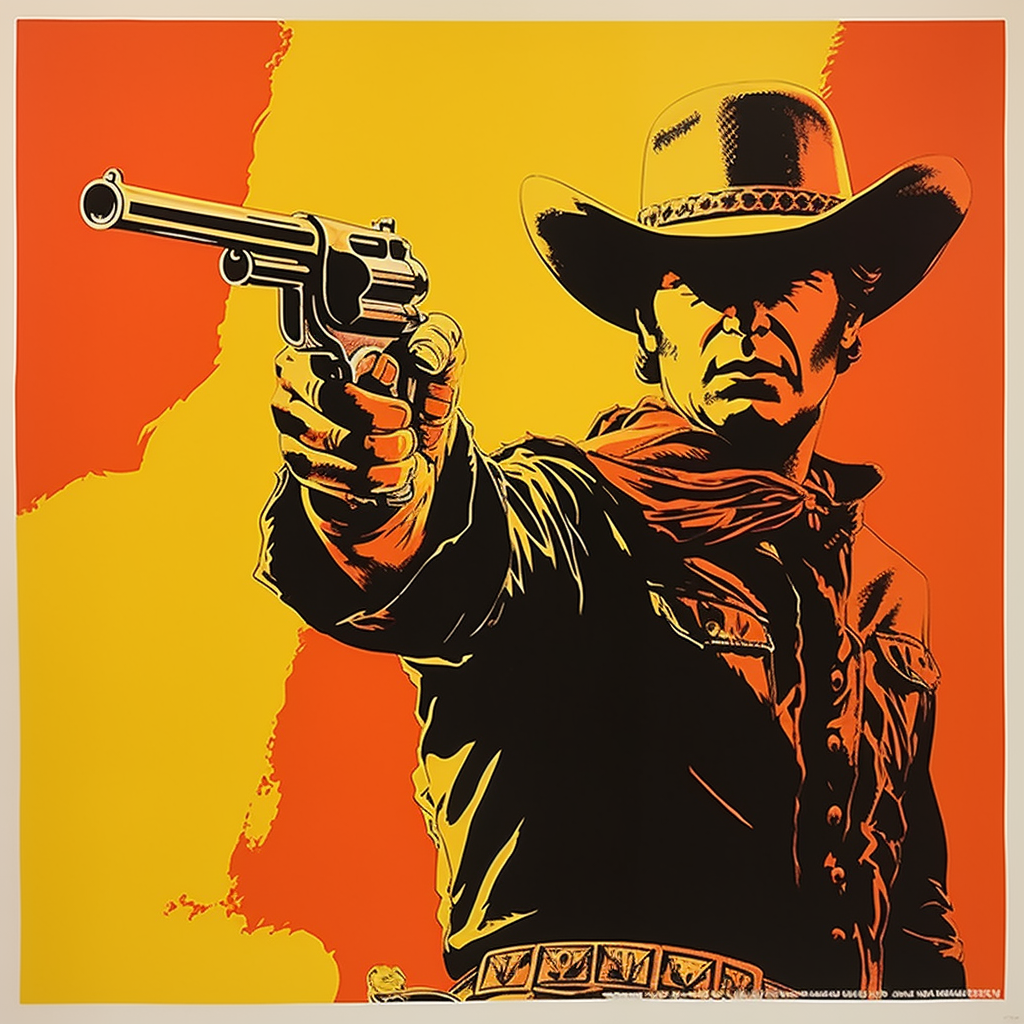
As industrialist barons of old gave way to today’s multinational corporations, we see a parallel in the rise of the military-industrial complex. President Eisenhower, in his 1961 farewell address, cautioned against the unprecedented influence of an armament industry driven by profit. His fears have proven well-founded, as demonstrated by the endless wars in the Middle East, triggered by 9/11 but arguably motivated by control of oil resources.
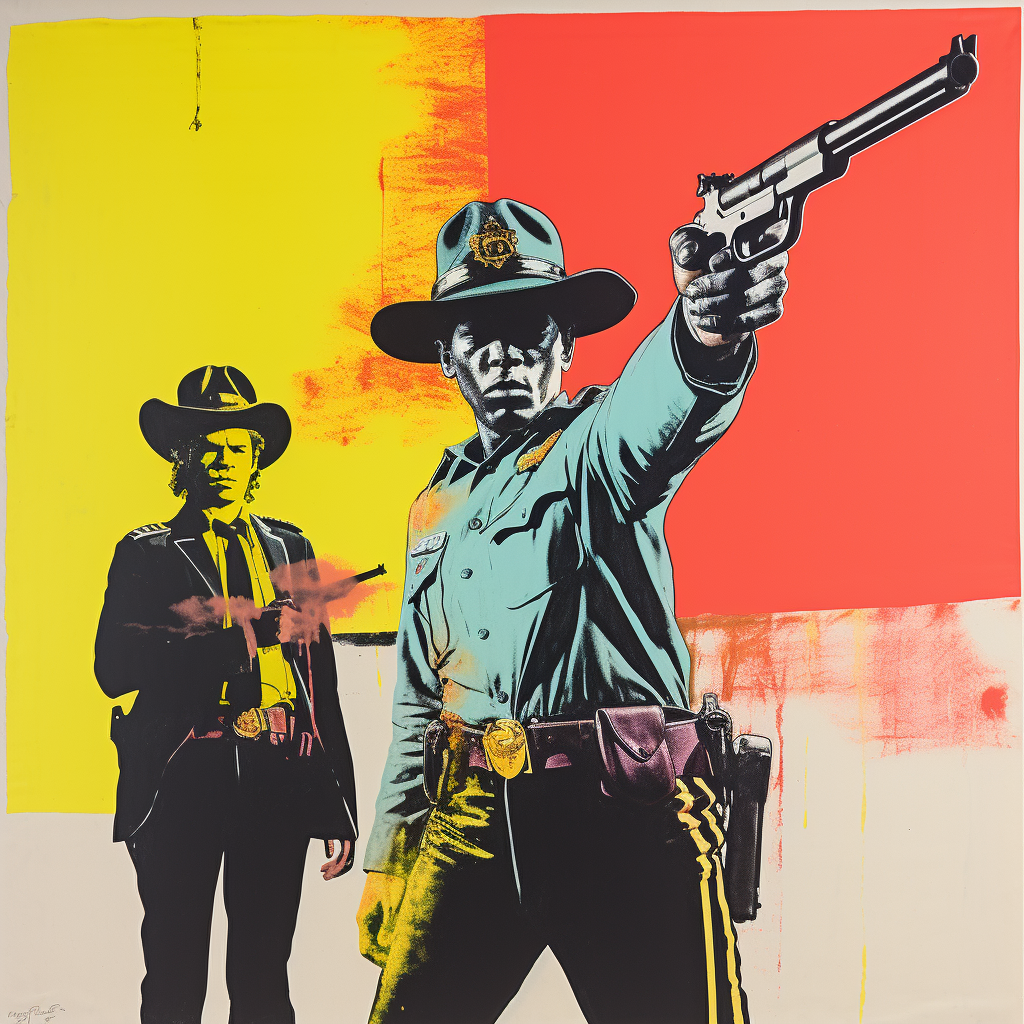
Ironically, calls for change often overlook the deep-seated nature of these issues. The quest for control, power, and material gain through violence and apathy—stemming from Eurocentric ideals and capitalism—has led to systemic racism and environmental catastrophe. The transatlantic slave trade, enabled by capitalism, resulted in millions of African lives lost and an indelible racial schism. Similarly, the profit-driven deforestation of the Amazon, deemed ‘the lungs of the Earth,’ has led to unparalleled biodiversity loss and contribution to climate change, inadvertently threatening billions of lives.
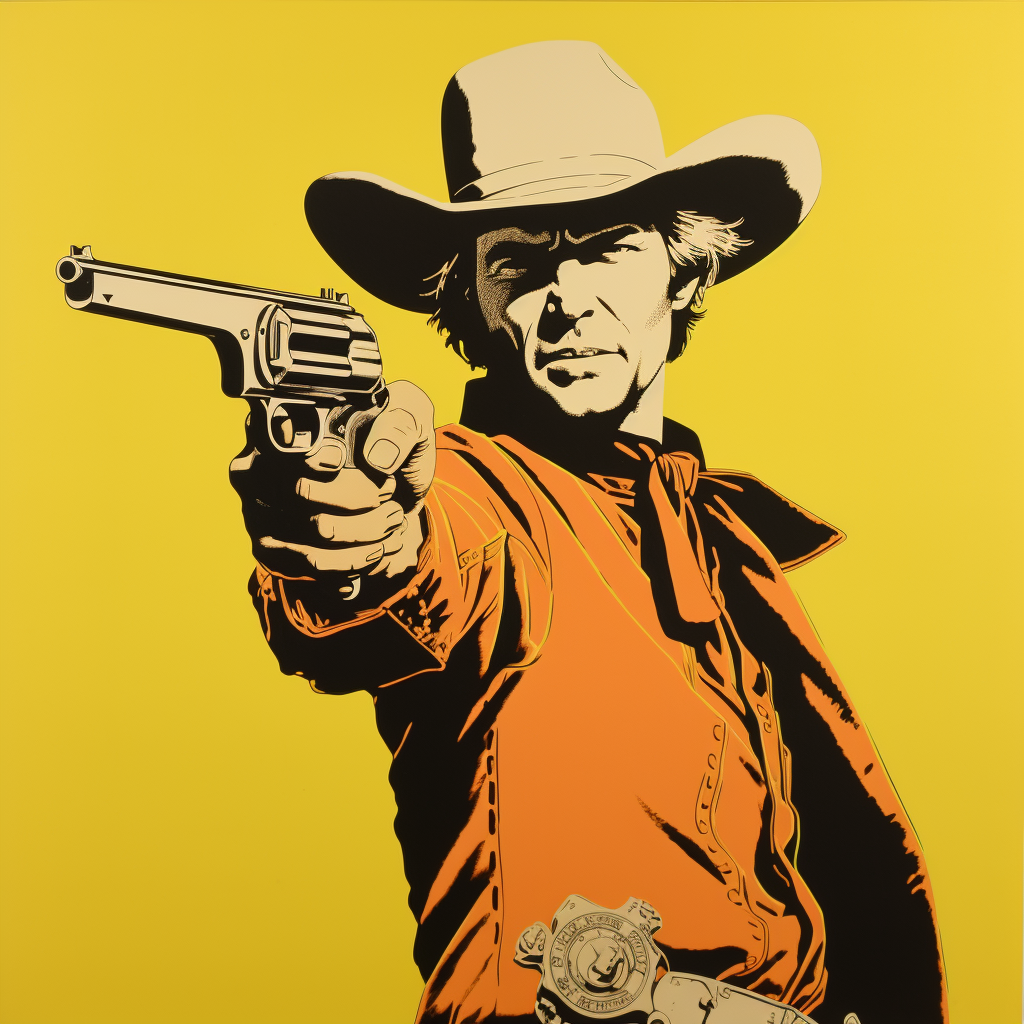
In this narrative, empathy, ancestral pride, and spiritual growth play second fiddle to financial gain. It’s a mindset that encourages economic prosperity at the cost of human life. The Anthropocene Epoch, recognized by scientists as the period when human activity became the dominant influence on climate and environment, is a testament to this destructive approach.
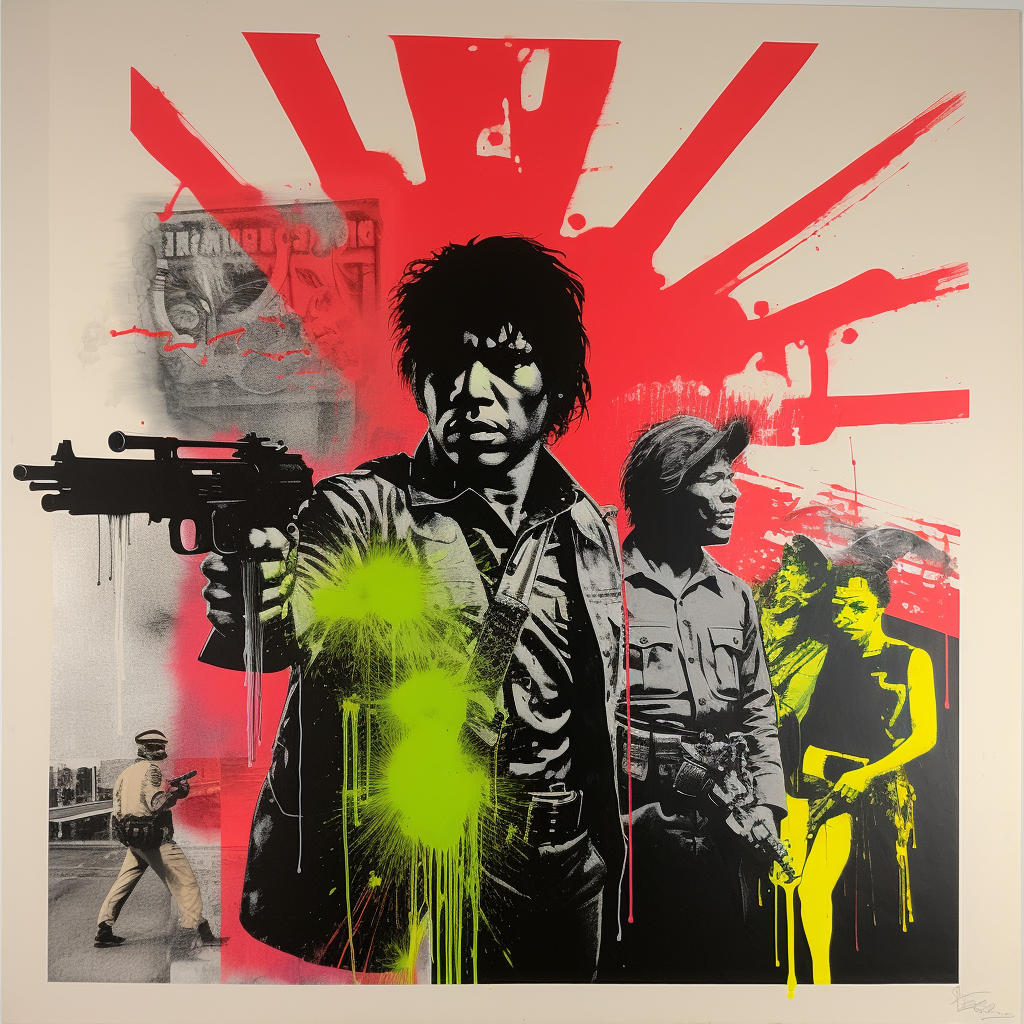
Therefore, it is crucial that we deconstruct these pervasive archetypes and the systems they uphold. By fostering a culture of empathy, emotional intelligence, and spiritual growth, we can begin to heal the societal wounds these paradigms have inflicted, ensuring a more equitable future for all, without the threat of violence and death. But first, we must recognize the totality of the problem, laying bare the roots before we can hope to effect true, lasting change.
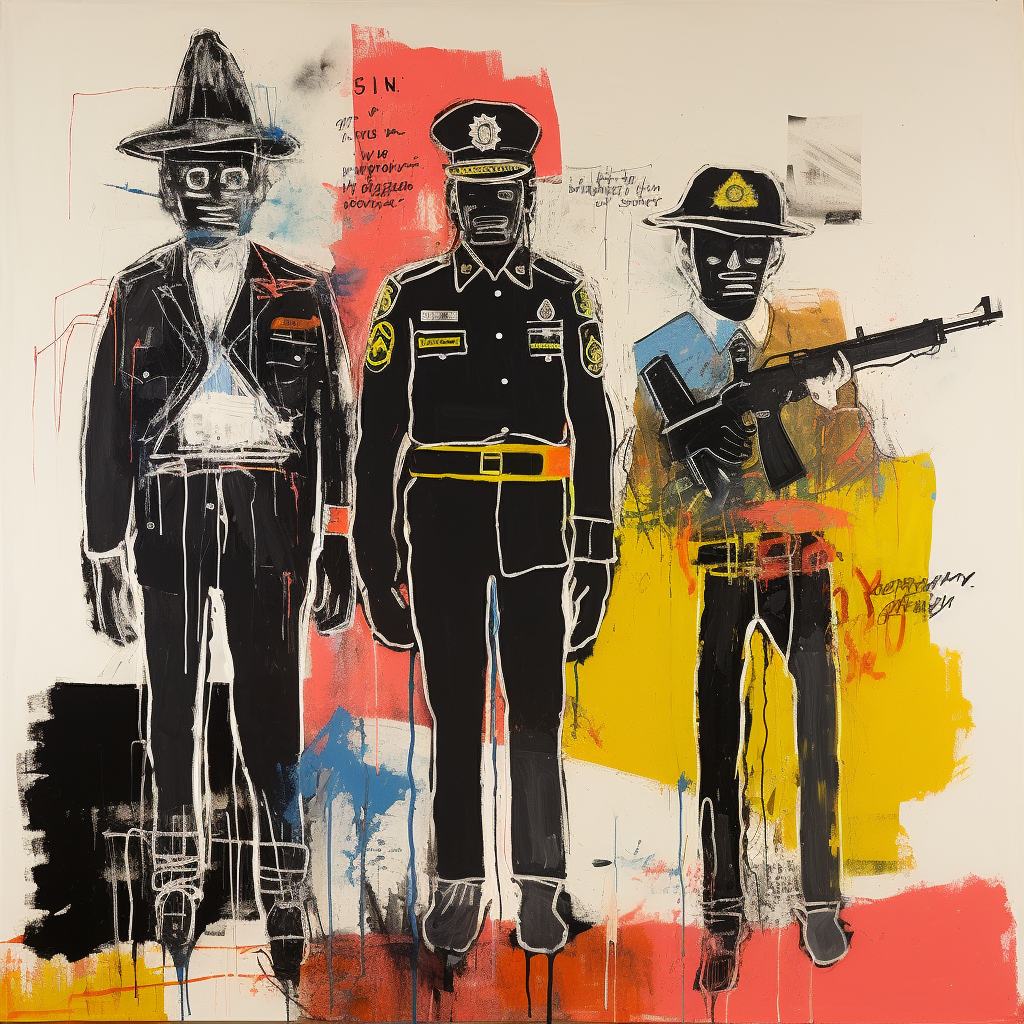
The cowboy myth, while a cherished part of Americana, may have inadvertently contributed to a culture that views guns not as deadly weapons but tools of empowerment. To counteract the country’s gun violence epidemic, America must reconsider this narrative. This won’t mean discarding the cowboy’s positive qualities—grit, resilience, and independence—but disentangling them from an outdated gun-slinging mentality. Only then can America re-envision a relationship with firearms that respects both the right to self-defense and the right to safety, moving us closer to a nation less burdened by the weight of gun violence.
